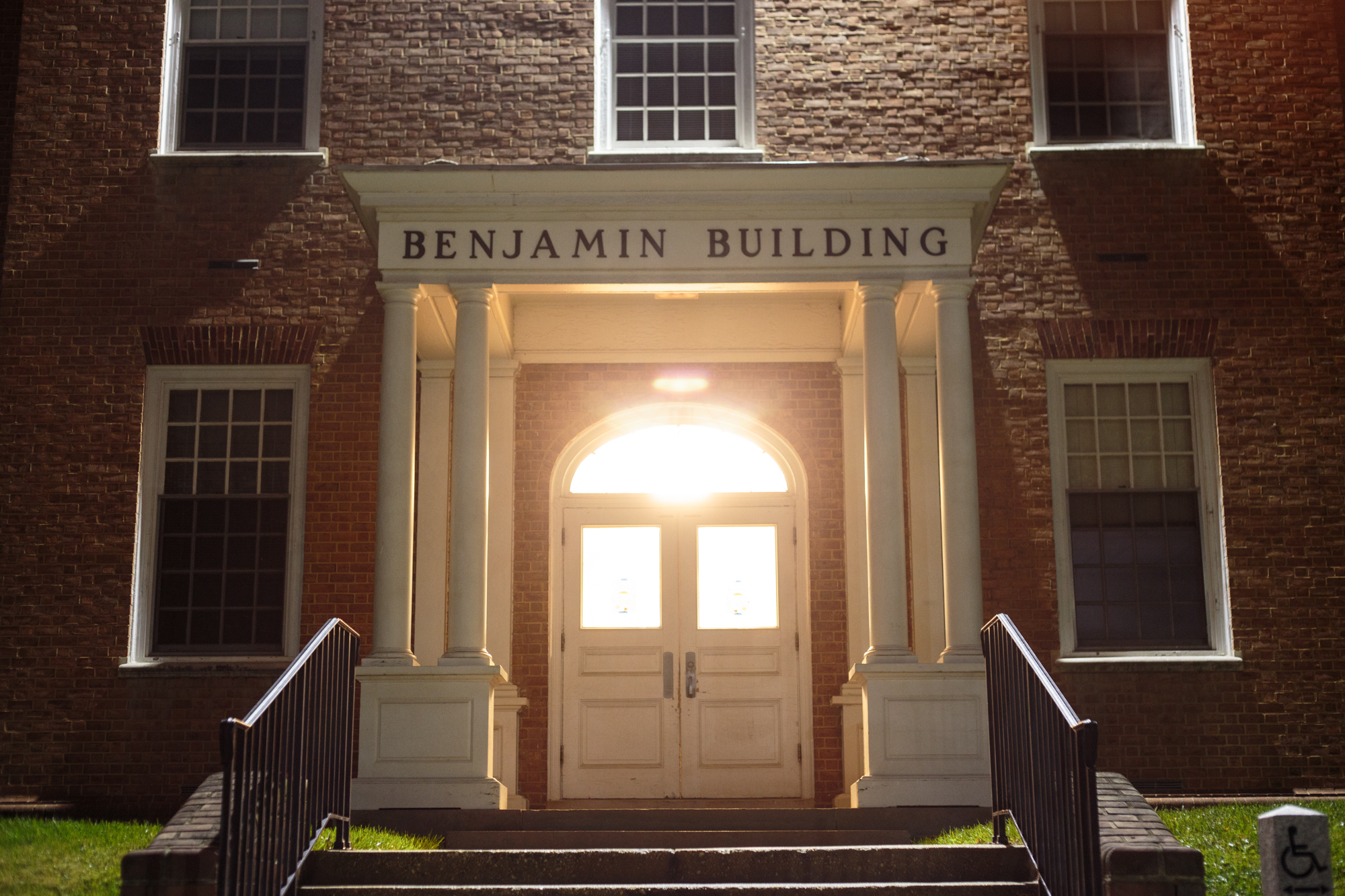The University of Maryland education college has partnered with Bowie State University to create a program dedicated to increasing diversity in education research.
The program, Research Institute for Scholars in Education, will be funded through a $1.1 million grant from the U.S. Education Department’s Institute of Education Sciences, according to a university news release.
The program is led by Susan De La Paz, a university education professor, and William Drakeford, a Bowie State University education professor. It will allow 48 undergraduate student fellows over the next five years to work on research related to language and literacy alongside faculty mentors.
Undergraduate juniors from underrepresented backgrounds, including racial minorities, students with financial needs and students with disabilities, will be selected for RISE.
“Over time our student body is becoming more diversified and we think it’s really important to have a pool of researchers that more closely represent the student body,” said Katina Stapleton, program officer at the Institute of Education Sciences.
[Read more: A College park coalition is promoting diversity and inclusion after Richard Collins’ murder]
Once accepted to RISE, students will work with faculty from four departments in this university’s education college and the behavioral and social sciences college. Fellows will participate in two semester-long research opportunities and attend winter and summer research seminars.
Twelve students will be accepted into the program for a year-long research opportunity each year for four years. The program will begin recruiting students this fall, and interested students can apply in January, De La Paz said. She hopes to get six students from each campus for the first year.
The campuses’ close proximity will be an asset to the program, De La Paz said.
“I thought it would be really awesome to work with faculty from Bowie State University because some of the faculty from Bowie were former students at the University of Maryland,” she said. “Our faculty could have an easier time to work with each other and students could be on both campuses and visit each other.”
The partnership between this university and Bowie State allows professors to collaborate too, ultimately leading to a good experience for the student, Drakeford said. Faculty from both Bowie State and this university will mentor the students, offering them diverse perspectives.
“[The program] gives them a great snapshot of what they can anticipate while working on their doctorate. It also gives them invaluable experience related to their research interests,” he said. “Having experienced faculty that have successfully completed or been involved in research projects is a major asset that students can gain from.”
De La Paz said RISE offers students a way to see if they want to pursue a career in education research once they graduate.
“A lot of opportunities don’t exist equally in society,” De La Paz said. “People who tend to be successful in going into research have historically had advantages. There might be a lot of people who don’t even know that this is a possibility for themselves.”
The research will look at topics of language and literacy, which can include research on individuals ranging from young children who are learning how to talk, learning vocabulary, second language learners or adults with hearing impairments.
De La Paz said having diversity among researchers helps to make sure that the research is relevant for all children and adolescents.
“To do that, and to do that better, we need to bring in the voices and the perspectives of individuals who are culturally diverse or linguistically diverse,” she said.
[Read more: SGA President A.J. Pruitt calls for more diversity training for some UMD student groups]
Dennis Kivlighan, the interim chairman of the counseling, higher education and special education department at this university, said he is pleased the college received the funding for the program.
“A common area throughout all our programs is an interest in access and equity, and so this type of grant fits right in,” Kivlighan said.
The program was designed so that most of the funding goes to students, Stapleton said. Because students will not be accepted into the program until next year, they will receive 0 percent of the total funding in the first year, and 59 percent in the remaining four years of the grant, De La Paz said.
Stapleton said she hopes this program lays the groundwork for a strong future of education research.
“This collaboration between the University of Maryland and Bowie State has the potential to spark the interests of students who, from 10 years from now, will be doing great things in education research,” Stapleton said.



